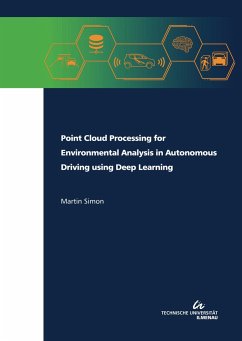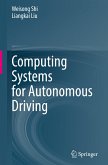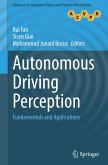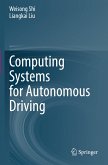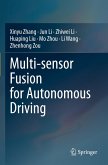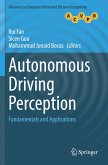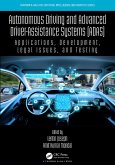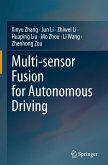Autonomous self-driving cars need a very precise perception system of their environment, working for every conceivable scenario. Therefore, different kinds of sensor types, such as lidar scanners, are in use. This thesis contributes highly efficient algorithms for 3D object recognition to the scientific community. It provides a Deep Neural Network with specific layers and a novel loss to safely localize and estimate the orientation of objects from point clouds originating from lidar sensors. First, a single-shot 3D object detector is developed that outputs dense predictions in only one forward pass. Next, this detector is refined by fusing complementary semantic features from cameras and joint probabilistic tracking to stabilize predictions and filter outliers. The last part presents an evaluation of data from automotive-grade lidar scanners. A Generative Adversarial Network is also being developed as an alternative for target-specific artificial data generation.
Bitte wählen Sie Ihr Anliegen aus.
Rechnungen
Retourenschein anfordern
Bestellstatus
Storno

